A pointer contains the address of an object (or is a null pointer that doesn't point to any object). A pointer has a specific type that indicates the type of object it can point to.
An array is a contiguous ordered sequence of elements; each element is an object, and all the elements of an array are of the same type.
A string is defined as "a contiguous sequence of characters terminated by and including the first null character". C has no string type. A string is a data layout, not a data type.
The relationship between arrays and pointers can be confusing. The best explanation I know of is given by section 6 of the comp.lang.c FAQ. The most important thing to remember is that arrays are not pointers.
Arrays are in a sense "second-class citizens" in C and C++. They cannot be assigned, passed as function arguments, or compared for equality. Code that manipulates arrays usually does so using pointers to the individual elements of the arrays, with some explicit mechanism to specify how long the array is.
A major source of confusion is the fact that an expression of array type (such as the name of an array object) is implicitly converted to a pointer value in most contexts. The converted pointer points to the initial (zeroth) element of the array. This conversion does not happen if the array is either:
The operand of sizeof (sizeof array_object yields the size of the array, not the size of a pointer);
The operand of unary & (&array_object yields the address of the array object as a whole); or
A string literal in an initializer used to initialize an array object.
char *string = "String";
To avoid confusion, I'm going to make a few changes in your example:
const char *ptr = "hello";
The string literal "hello" creates an anonymous object of type char[6] (in C) or const char[6] (in C++), containing the characters { 'h', 'e', 'l', 'l', 'o', '\0' }.
Evaluation of that expression, in this context, yields a pointer to the initial character of that array. This is a pointer value; there is no implicitly created pointer object. That pointer value is used to initialize the pointer object ptr.
At no time is an array "treated as" a pointer. An array expression is converted to a pointer type.
Another source of confusion is that function parameters that appear to be of array type are actually of pointer type; the type is adjusted at compile time. For example, this:
void func(char param[10]);
really means:
void func(char *param);
The 10 is silently ignored. So you can write something like this:
void print_string(char s[]) {
printf("The string is \"%s\"\n", s);
}
// ...
print_string("hello");
This looks like just manipulating arrays, but in fact the array "hello" is converted to a pointer, and that pointer is what's passed to the print_string function.

